It is strongly suggested to do this assignment outside during the day.
Alternatively, you could do this as a still life assignment.
For cameras and cameraphones
Take 30 photos in which there is something in the foreground and something in the background, something near the camera and something far from the camera. Use perspective to create a strong sense of depth.
Put the 30 photos on an album in Flickr.
Due: February 25, 2:30 pm
Camera
Use shallow depth of field for some of the photos and extensive depth of field for others. when using shallow depth of field, sometimes focus on the object closest to the camera and sometimes to the object farthest from the camera.
Experiment with:
- Focal length- Try using a wide focal length and wide angle distortion for extra drama. If you have a telephoto lens, try getting back from the main subject and experiment with the compression you can get between the foreground and the background. A wide angle lens will tend toward extensive depth of field. A telephoto lens tend toward shallow depth of field.
Cameraphones
If you are shooting with your phone and working outside, use the app Focos to create shallow depth of field in half of your photos.
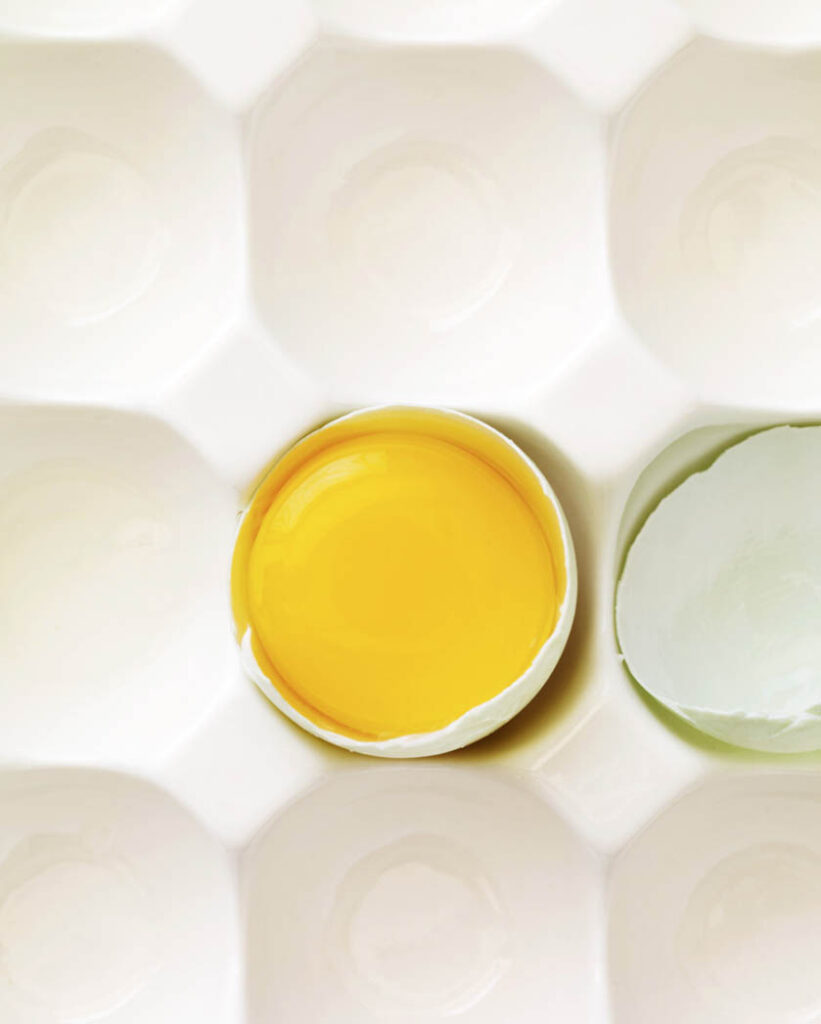
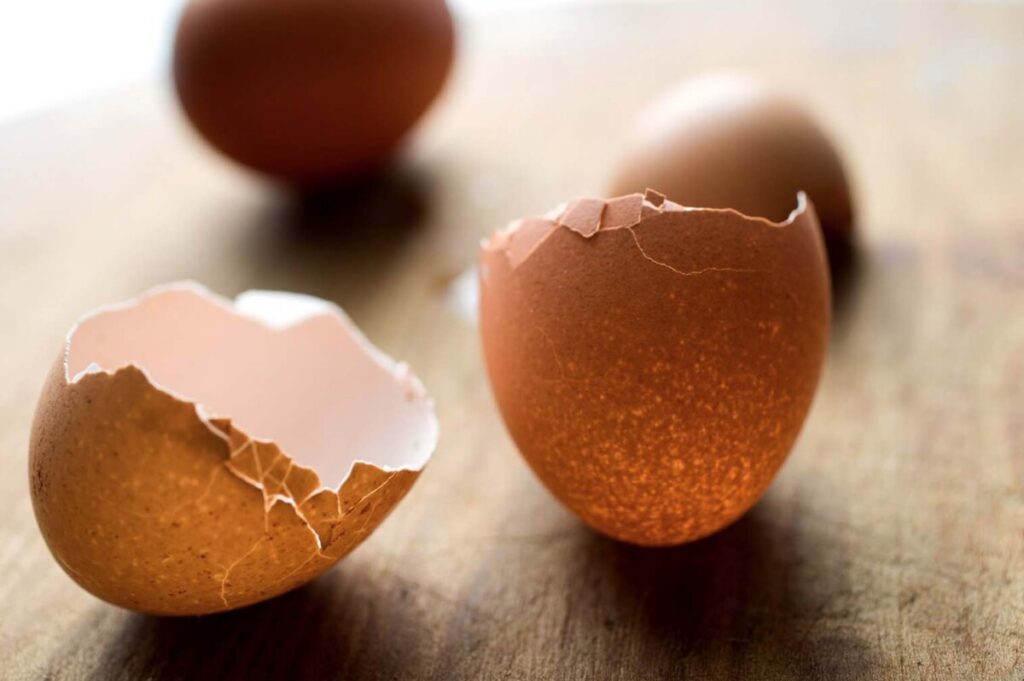
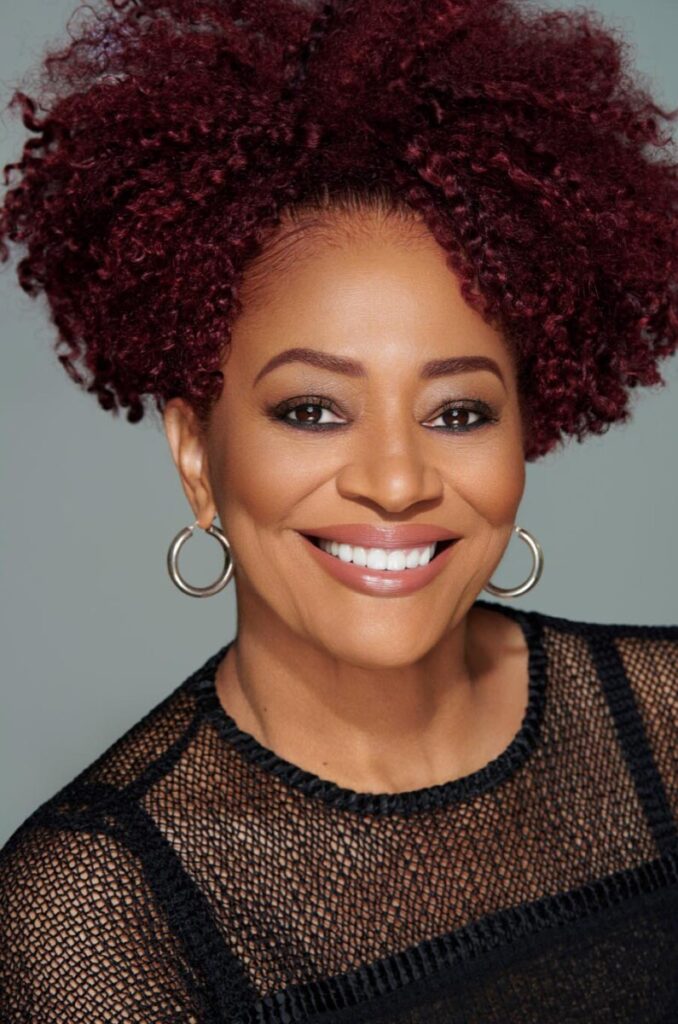
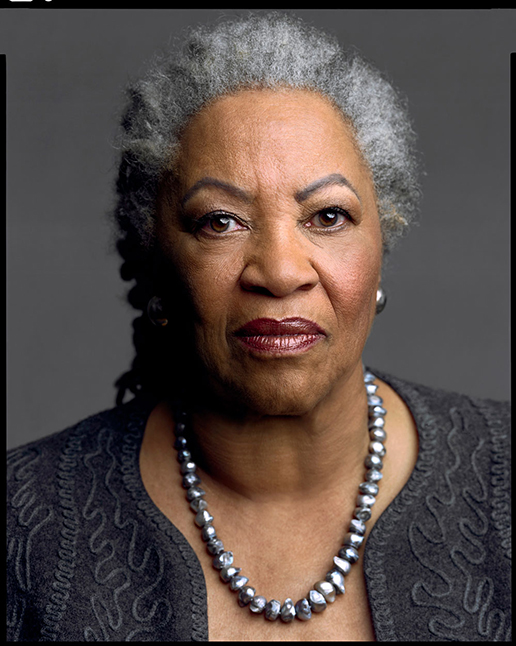
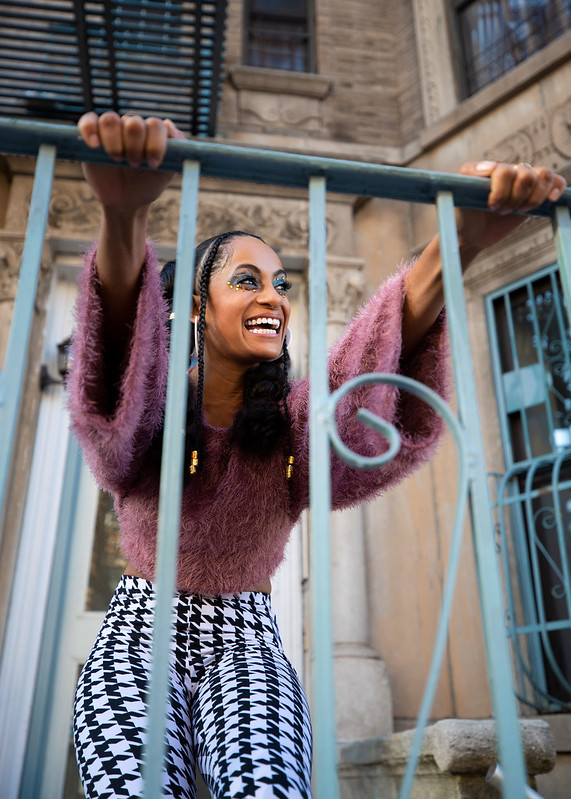
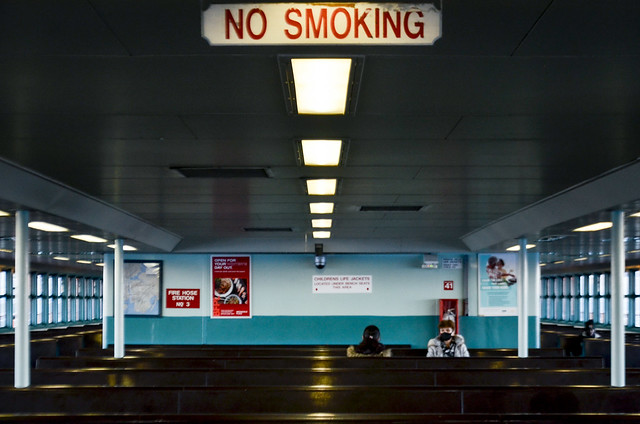
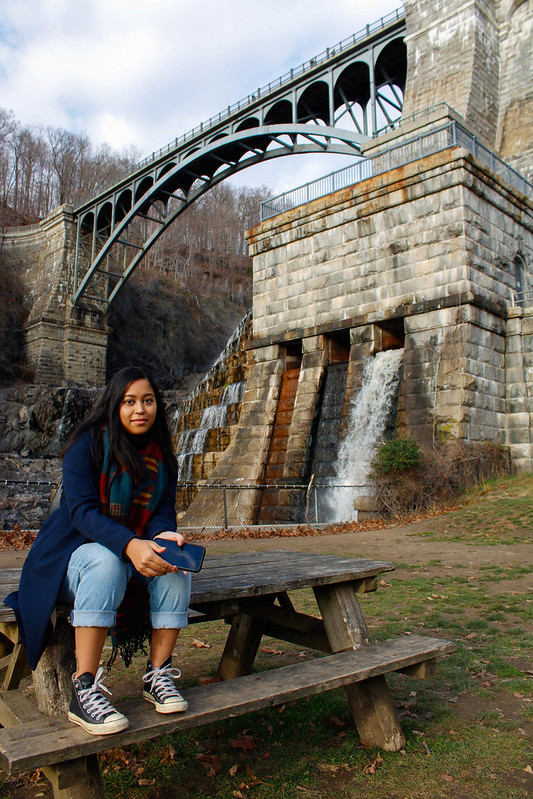

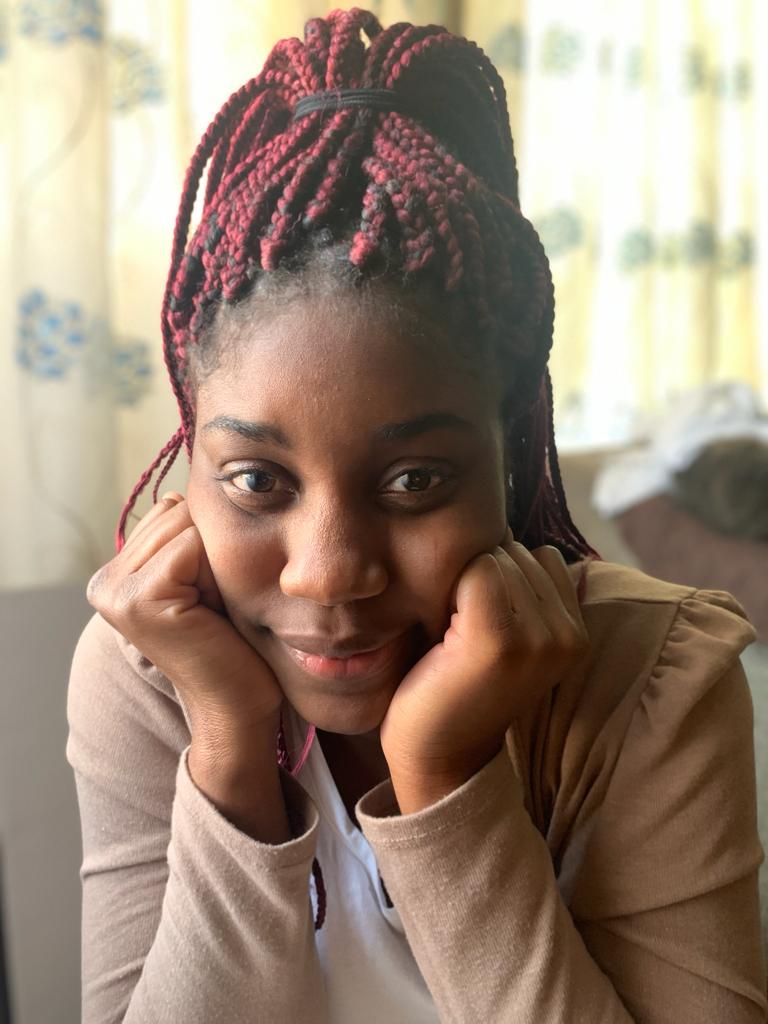
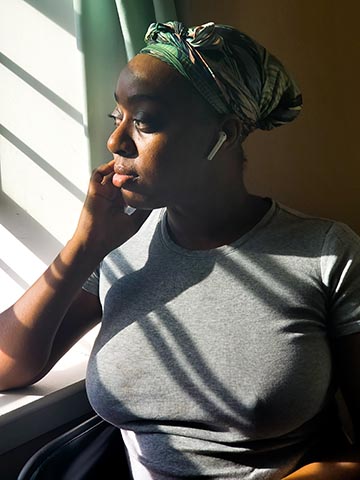
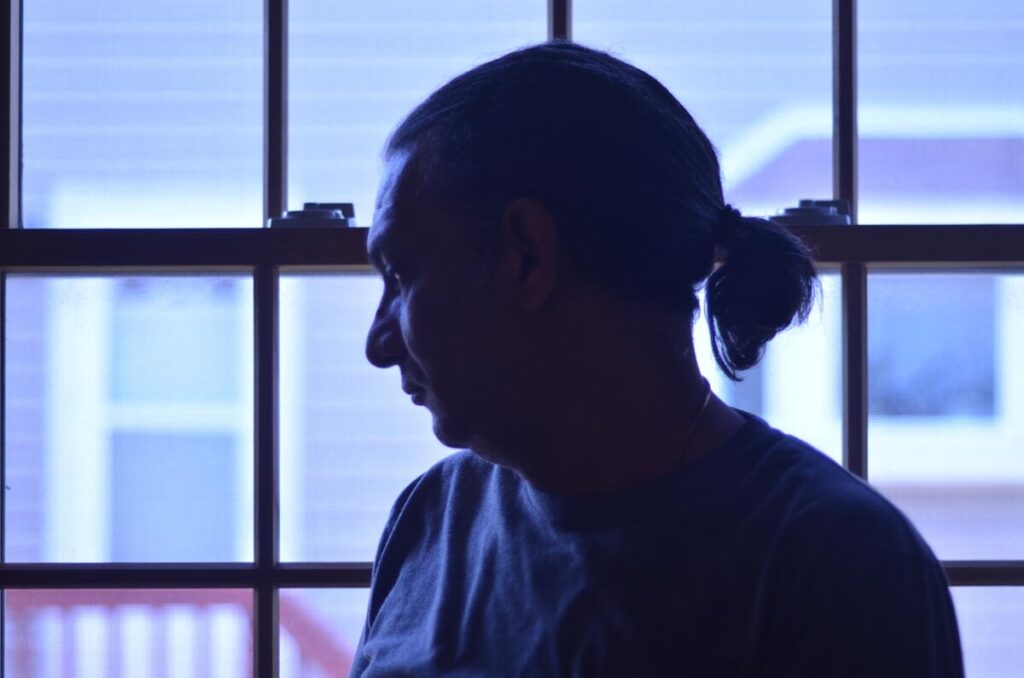
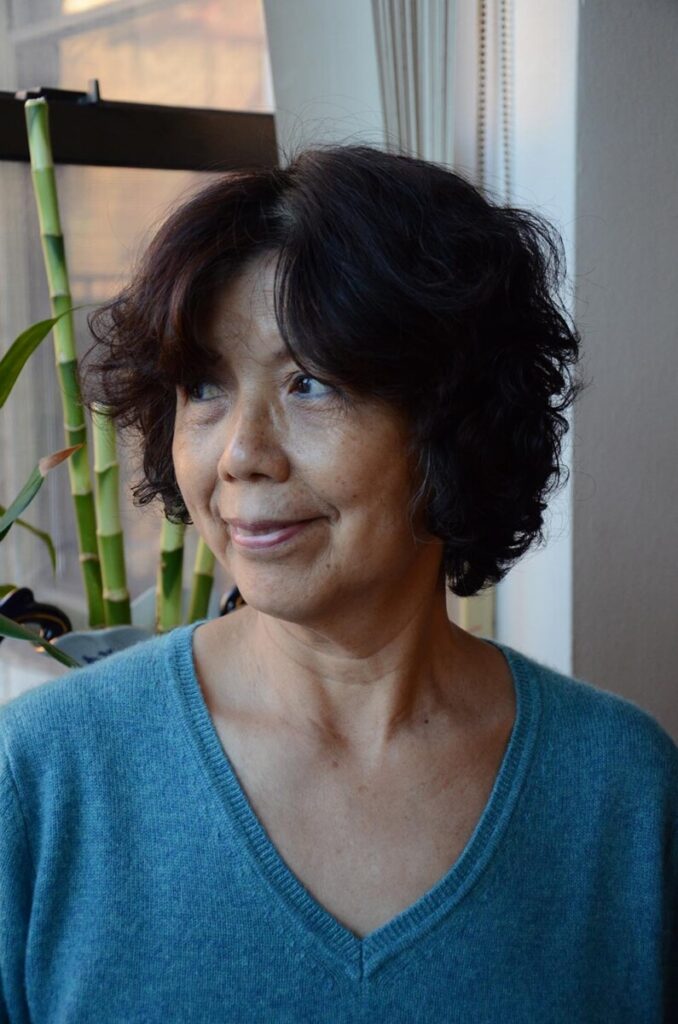




Recent Comments